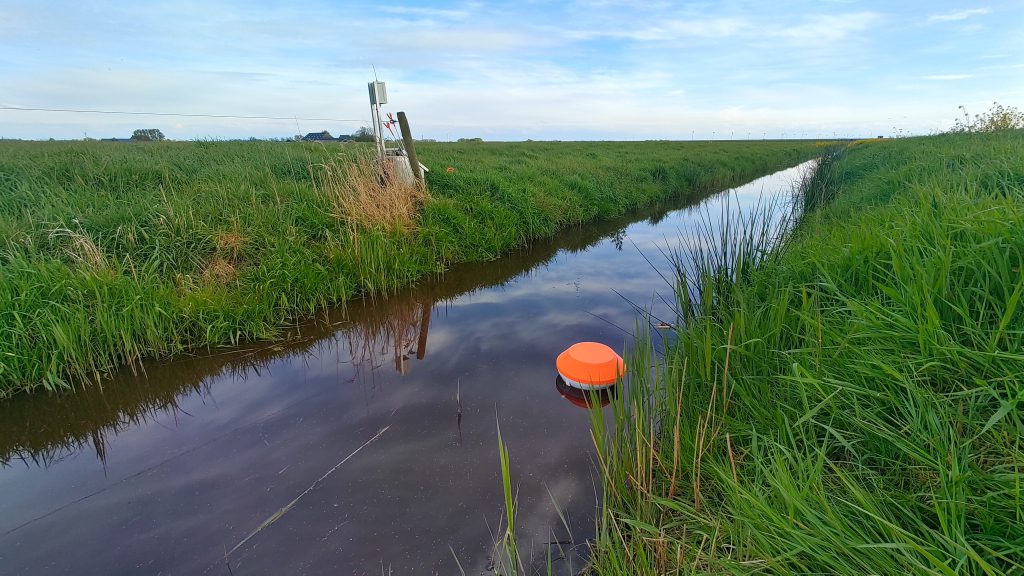Real-time monitoring of surface and soil water quality
The quality of surface water in Europe has become a pressing environmental concern, with significant implications for public health, biodiversity, and sustainability. Currently, only ~40% of surface waters in the European Union are considered to be in good status. This reflects the ongoing impact of various human activities on water quality, such as industrial processes, agriculture, and urban development. Furthermore, the low surface water quality in most of the EU’s water bodies has significant economic repercussions, affecting industries like fisheries and tourism, and increasing costs for water treatment and pollution control infrastructure.
The continuing presence of nutrients and micropollutants in surface water highlights the immediate need for innovative solutions to align with the EU Water Framework Directive’s criteria, set to be met by the end of 2027. This multifaceted challenge involves addressing nutrient (N and P) runoff from agricultural practices, minimizing pesticide infiltration into aquatic ecosystems, and managing the introduction of pharmaceuticals and antibiotic-resistant bacteria into surface waters, and becomes even more pressing with the latest developments towards circular water reuse.
Research challenges
The challenge is balancing agricultural practices and mitigating run-off and infiltration of nutrients, pesticides, and pharmaceuticals that directly impact the quality of our surface waters. We need a profound understanding of the complex relationship between soil and surface water quality in agricultural areas.
Current monitoring protocols target larger water bodies only. Smaller water bodies, streams, lakes, and ditches make up two-thirds of all water bodies and are crucial for biodiversity, housing amphibian life, insects, and a diverse range of plants, but lack comprehensive data. It is not economically feasible, to use traditional methods (sampling and lab analysis).
A new systemic and cost-effective approach to understanding and monitoring surface water quality is indispensable. This requires a combination of data-driven approaches and deep knowledge of the soil-water dynamics to identify areas requiring attention and improvement, bridging the current data gap and facilitating a sustainable and affordable understanding of the water quality.
Your assignment
The project aims to understand the complex relationship between soil water quality and surface water quality in agricultural areas. Your assignment is to develop a comprehensive, data-driven, physics-based, dynamic model that includes water and component balances within a specific water body of concern and its relevant soil and near-surface atmospheric environment, using PC ditch and PC lake models as a starting point.
The key to bridging the data gap for small water bodies is to step away from manual water sampling and offline analysis only, and you will use a comprehensive model fed with data from real-time and inline sensors, measuring soil and surface water quality and, preferably, very local weather data.
With your model, we can understand and predict surface water quality and soil water quality, predict and reduce the impact of the farmer’s actions, e.g., the use of fertilizer or irrigation, and improve our local surface water quality.
Your Profile
You have an MSc in Soil Sciences, Environmental Sciences, or a related discipline with an affinity for (data-driven) mathematical modeling, as shown in your MSc report and/or publications. You have expertise in programming (Python or related).
Keywords: Real-time monitoring, soil quality, surface water quality, sensor data, modeling
Supervisory Team: University promotor and co-promotor: Prof. dr. Karel J. Keesman (Mathematical and Statistical Methods – Biometris, Wageningen University and Research)
Wetsus supervisor(s): dr. ir. R. Martijn Wagterveld, dr. ir. Mateo J.J. Mayer.
Project partners: Sensoring
Only applications that are complete, in English, and submitted via the application webpage before the deadline will be considered eligible.
Guidelines for applicants: https://phdpositionswetsus.eu/guide-for-applicants/
